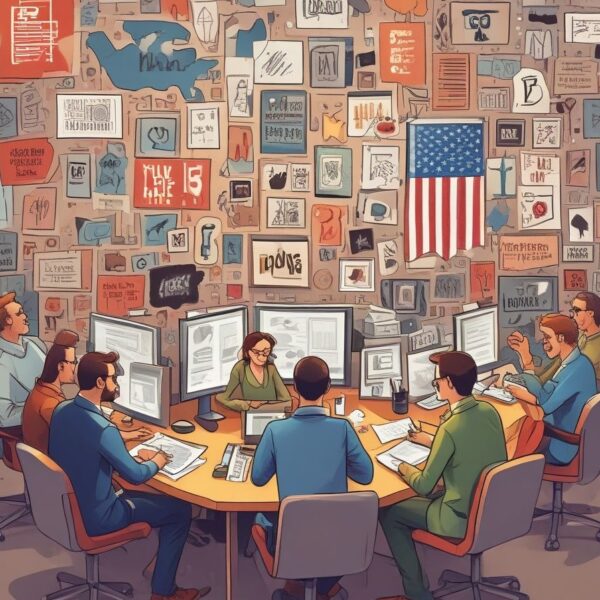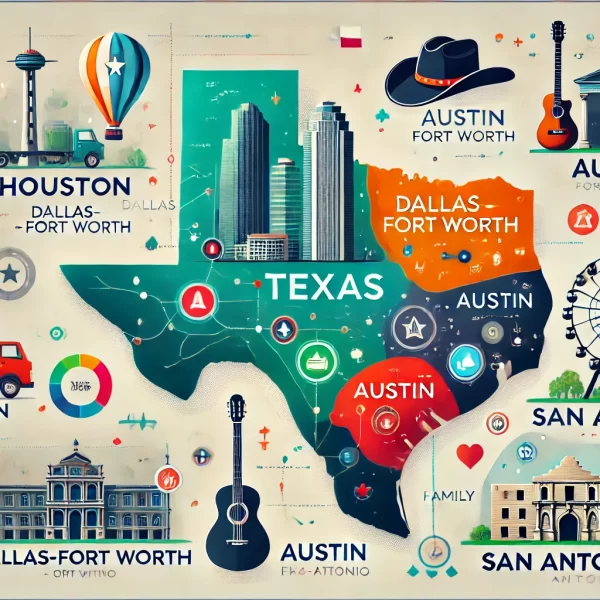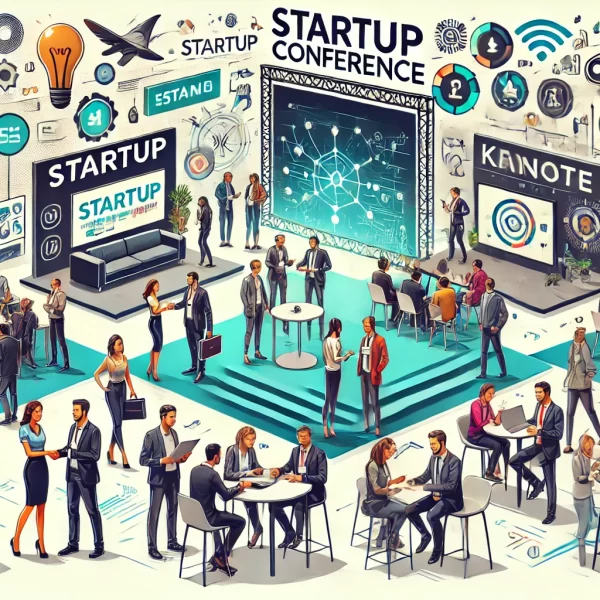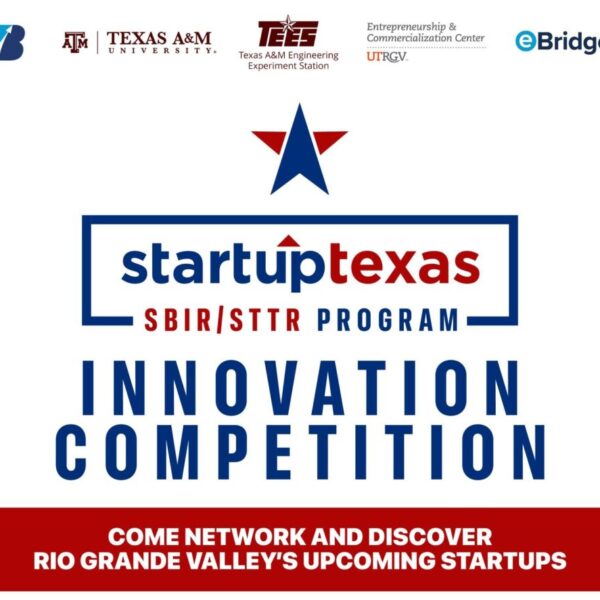A startup company specialising in the use of virtual reality technology in the medical field has been announced as the winner of the UTD Big Idea Competition.
In Thursday’s final of the Big Idea Competition, students from the University of Texas at Dallas presented a variety of innovative solutions, including an augmented reality attraction map for mobile devices and an unmanned aerial system for monitoring air quality.
However, it was Ph.D. student Veena Somareddy who was awarded the top prize of $15,000, as well as the $2,500 Diversity and Inclusion Award, for her project Neuro Rehab VR.
A stroke or traumatic brain injury can result in significant and irreversible changes to an individual’s life, often leading to the development of long-term disabilities.
According to Somareddy, a co-founder of Neuro Rehab VR, the brain is capable of recovering through physical therapy and cognitive training.
“Research indicates that exercise with functional objectives and targeted repetition can enhance and create new neural pathways in the brain. “Our games are designed to facilitate precisely this process,” Somareddy stated.
To date, the startup has developed three therapy games, each of which focuses on a different area of the body and brain. Patients at Fort Worth’s Neurological Recovery Center have been utilizing the therapy games, and there are plans to expand the program to five additional clinics across the United States by the end of the year.
The Big Idea prize money will be used by Neuro Rehab VR to employ additional software developers, according to Somareddy. At present, the roles are fulfilled by a sole employee and an intern.
Other finalists in the startup pitch competition, held annually by the university’s Institute for Innovation and Entrepreneurship, were also awarded prizes. The monetary prize pool for this year’s competition was $80,000, and it included new categories such as diversity and inclusion and social impact. Additionally, members of the UTD community, including students, faculty, staff, and alumni, were acknowledged for their entrepreneurial endeavors.
Cthrough was awarded the $10,000 second-place prize for its augmented reality attraction map application. The third-place finisher, AltaAir, received a prize of $5,000 for its unmanned aerial system (UAS) designed for monitoring air quality. Additionally, it was designated the Best Undergraduate Idea, which included a prize of $2,500.
Here are others honored Thursday night:
Biggest Social Impact — Skyven Technologies, founded by Arun Gupta, a UTD alum
Biggest, Most Innovative Idea — Brain Performance Institute
Best Undergraduate Pitch — AltaAir
UTDesign Startup Challenge Winner — Simple Biomedical
UTDesign Startup Challenge Winner — OnPoynt Aerial Drone Solutions
The panel of judges for this year’s Big Idea event included Julie Nickols, a partner at Haynes and Boone; Courtney Caldwell, the co-founder of ShearShare; Jeff Williams, a partner at Interlock Partners; and Bob Metcalfe, the co-founder of Ethernet and director of innovation at the University of Texas at Austin. Additionally, Guy Kawasaki, a former Apple executive and current chief evangelist at Canva, participated in the judging panel and delivered a keynote address on the subject of innovation.
Kawasaki posited that an innovator must learn to disregard the opinions of those who oppose their ideas.
“If one is genuinely disruptive and innovative, it is inevitable that one will elicit a polarizing response from others,” he posited.
What's your reaction?
Excited
0
Happy
0
In Love
0
Not Sure
0
Silly
0







